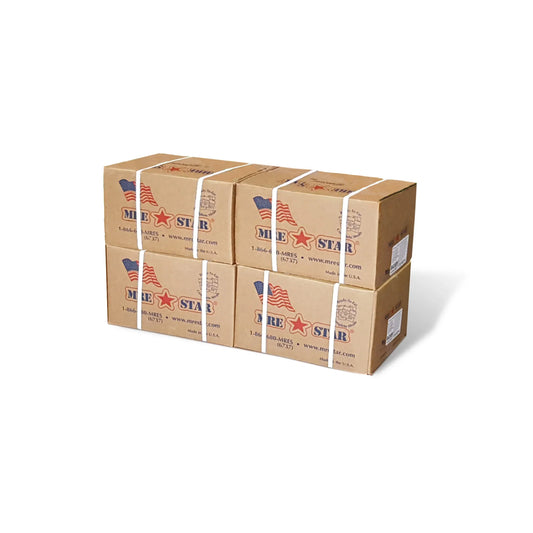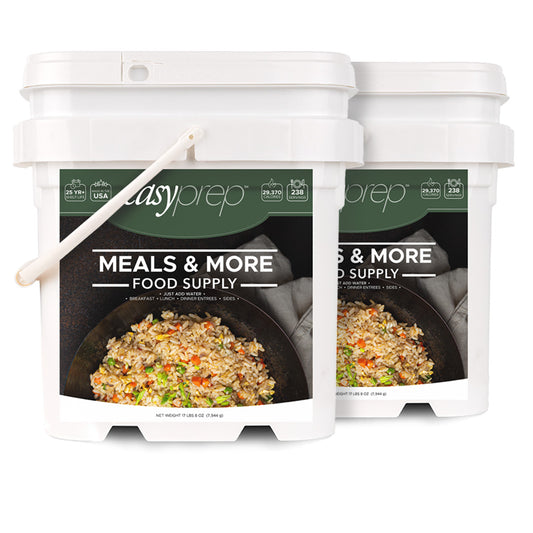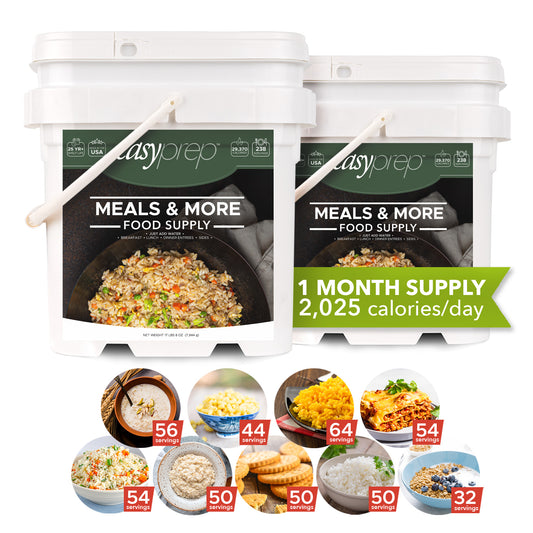What to Grow in a Survival Garden
29 Dec 2017
A survival garden is a fantastic resource for your preparedness plan. If done properly, you can plan and execute a garden that will provide you with the essentials that will keep you fed all year long. When planting a survival garden be mindful of space needed and nutritional benefits. Look for fruits and vegetables that do well in your area. Grow plants inside the house or in a greenhouse in necessary. Here are some hardy plants that pack a punch when it comes to nutrition.




- Broccoli
- Broccoli can protect you from getting cancer along with other diseases. It grows best in the spring and fall in a sunny well-drained location.
- Kale
- Kale does really well in the winter. Frost actually helps the flavor. Kale is packed with vitamins (K, A, and C) and minerals. Kale is high in fiber but low in calories.
- Sweet Potato
- Sweet Potato is an excellent source of vitamin A.
- Spinach
- Spinach is easy to grow and great for your health. Spinach helps with macular regeneration and keeps artery walls free of cholesterol which can limit your risk of heart attacks.
- Cabbage
- Cabbage can lower your cholesterol and even prevent cancer. The medium size head variety doesn't take up a great deal of space in your garden.
- Figs
- Figs grow very quickly and do really well in containers for gardens short on space. Be sure to get the self-pollinating cultivar variety. Figs are high in potassium and calcium.
- Blueberries
- Blueberries are packed with antioxidants making them a superfood. Rippen on the vine for the best flavor.
- Tomatoes
- Tomatoes contain the antioxidant lycopene. They can prevent heart disease and ward off breast cancer. Tomatoes can be easily grown and they can be added to just about any dish.
- Avacodos
- Avocados do best in warmer climates below zone 8 such as the deep South or Southern California. Avocados are a good source of healthy fats that can protect your heart.
- Garlic
- Garlic is great for fighting off illness, chew a clove when you are feeling poorly. Garlic is a fall crop that contains phytochemicals which can lower rates of cancer and reduce high blood pressure.
- Cauliflower
- Cauliflower has been linked to cancer prevention, specifically bladder, colon, breast, ovarian, and prostate cancer. Cauliflower is high in vitamin C and manganese.
- Brussel Sprouts
- Brussel sprouts are delicious with some bacon and butter. They aid in the bodies anti-inflammatory and detoxication functions. They are hardy and slow-growing. Brussel Sprouts do really well in cold climates.
- Carrots
- Carrots do great in cool-weather gardens. They a packed with beta-carotene and vitamins.
- Peas
- Peas are high in fiber, iron, magnesium, potassium, and vitamins A, B6, and C. Peas do well in containers and are best planted in late summer to fall.
- Red Peppers
- Red peppers can be planted in containers for smaller gardens. They rich in potassium, riboflavin, and vitamins A, B6, and C. Watch out for aphids and beetles when growing red peppers. Use an insecticidal soap or leaf spay to keep hungry critters away.











